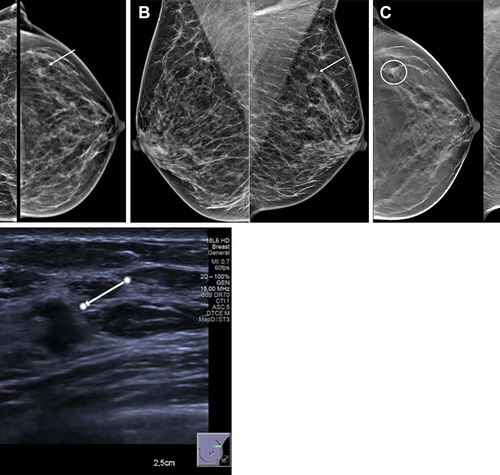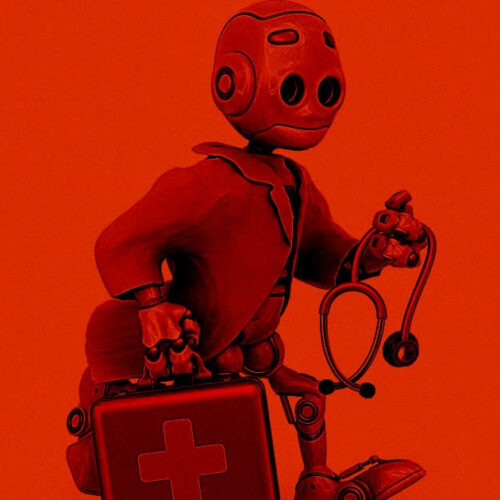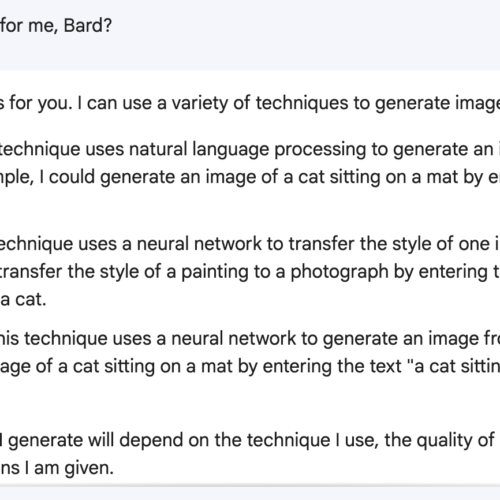RADIOLOGICAL SOCIETY OF NORTH AMERICA IMAGE: IMAGES IN A 54-YEAR-OLD WOMAN SHOW A PALPABLE LUMP IN THE RIGHT BREAST AND AN IRREGULAR MASS IN THE LEFT BREAST. MAMMOGRAPHIC EVALUATION OF THE RIGHT BREAST WAS NORMAL. (A, B) CRANIOCAUDAL (A) AND MEDIOLATERAL OBLIQUE (B) VIEWS OF SYNTHESIZED MAMMOGRAMS AND (C) TOMOSYNTHESIS IMAGE IN CRANIOCAUDAL AND MEDIOLATERAL...
Non-invasive brain stimulation can regulate autonomic responses, improve oxygen saturation in COVID-19 patients
by D’Or Institute for Research and Education Credit: CC0 Public Domain Among the health problems developed or aggravated by COVID-19, those that affect neurological and respiratory functions draw special attention from specialists. Considering several studies that show the adverse effects of COVID-19 on human autonomic functions, which are those regulated by the autonomic nervous system...
Cocaine damage routinely misdiagnosed as non-threatening nasal disease, finds study
by Oxford University Press A new paper in Rheumatology Advances in Practice indicates that granulomatosis with polyangiitis, a nasal disease that causes inflammation of the blood vessels and commonly presents with symptoms in sinuses, throat, lungs, and kidneys, may be commonly misdiagnosed. Researchers believe that many patients identified with the sinus and nasal-limited form of...
CHATGPT CAN PASS MEDICAL TESTS, BUT ITS ACTUAL MEDICAL ADVICE IS A LOT MORE DUBIOUS
BY FRANK LANDYMORE DEVELOPMENTS A few months ago, OpenAI CEO Sam Altman posited that AIs like ChatGPT could serve as a “medical advisor” for poor people without healthcare. It sounded like a dumb idea then, and it’s sounding like a dumb idea now. In fact, according to new research from medical experts at Stanford University, even though OpenAI’s...
TELEHEALTH PROGRAM EASES PAIN AND REDUCES OPIOID USE
In the study in the journal Pain, researchers divided about 400 participants who had been prescribed long-term opioid treatment for their pain into two groups: one received treatment as usual and another received treatment and access to a self-guided, e-health program. “…NOT ONLY WERE THEY REDUCING OPIOIDS BUT ALSO THEIR PAIN WAS NOT BECOMING WORSE.” Of...
How broccoli sprouts became an emerging tool against a range of diseases
by Ashley Stimpson, Johns Hopkins University Credit: Chloe Niclas Strolling through the produce section of your local grocery story, you might notice—tucked between the pre-sliced radishes and the plastic-wrapped mushrooms—a container of broccoli sprouts, a mat of wispy white shoots with spring-green leaves the shape of a handmade valentine. Perhaps you took that container home and...
An Older Person’s Sense of Smell Can Predict Health Issues
By Medscape Staff March 29, 2023 Problems with a sense of smell may help predict a higher risk for age-related health problems, according to researchers from the Department of Otolaryngology-Head and Neck Surgery at Johns Hopkins University School of Medicine. What to know: Smell dysfunction acts as an early indicator of cognitive decline as well as signs...
India has registered a global first of a plant fungus infecting humans; climate change, AMR will exacerbate it
By Dibyendu Chaudhuri Published: Sunday 02 April 2023 Parasitic fungus ‘Chondrostereum purpureum’ growing on tree trunks. Photo: iStock The first case of a plant fungus called Chondrostereum purpureum infecting human beings has been reported from Kolkata. A 61-year-old man suffering from a hoarse voice, cough, fatigue and difficulties swallowing was hospitalised and was detected as having been infected by...
SOMETHING EXTREMELY GOOFY HAPPENS WHEN YOU ASK GOOGLE’S BARD AI TO GENERATE IMAGES
The latest Big Tech chatbot, the Bard AI by Google, just dropped — and unsurprisingly, it’s got some rough edges. When it comes to text generation, Bard is, like its namesake, pretty dang clever. But when you ask the chatbot, which is meant to generate text, whether it can generate images, something interesting happens: it says, very affirmatively...
STANFORD PULLS DOWN CHATGPT CLONE AFTER SAFETY CONCERNS
Just days after unveiling a demo of a ChatGPT clone called Alpaca, Stanford researchers have taken their AI offline, citing concerns over costs, and more importantly, safety, The Register reports. “The original goal of releasing a demo was to disseminate our research in an accessible way,” a spokesperson for Stanford’s Human-Centered Artificial Intelligence institute told The Register in a statement. “We...




